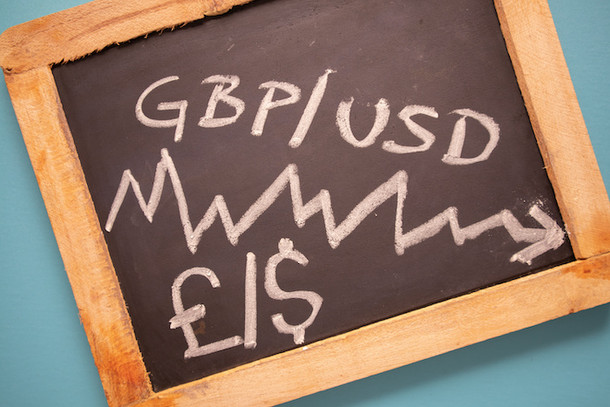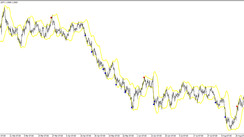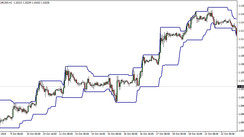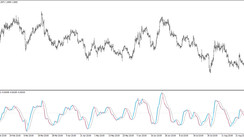Liz Truss, the British prime minister, is resigning, as the markets anticipated. Regardless of who wins the election to be the next prime minister of the UK, the significant economic and fiscal obstacles that lie ahead will hurt the pound much more. Investors who have been sidetracked by the national political theatre may begin to concentrate again on the economy's dismal future, which includes inflation at a 40-year high, skyrocketing debt levels, low consumer confidence, and a likely return to austerity measures.
The Premiership competition this week and the dollar's power are further factors which suggest that sterling's recovery from a record low last month is just temporary. While the collapse of the bond market has also abated, there are still many difficulties. Also, with Truss' massive unfunded tax cuts being abandoned, net gilt issuance for the upcoming fiscal year is still substantial, and lending rates are extremely high. Consequently, Instead of pursuing major economic growth, whoever wins this week's Conservative Party national election must concentrate on damage management.
Given its slowing growth, the UK can be considered a structural underachiever in the G-10. The UK still depends on foreign inflows due to its poor net international investment situation and the watered-down economic strategy, which is now a drag on GDP. Earlier in the Asia session, the GBP increased as much as 0.9% to $1.1401 as a result of Boris Johnson's withdrawal from the leadership contest. However, the British pound has fallen almost 16% against the US dollar so far this year.
The pound has dropped significantly from its highs during the summer's first presidential competition. Since Hunt canceled the most of his predecessor's expansive tax cuts, traders have reduced their wagers on the size of increases by the the BOE. After Deputy Governor stated that it's not entirely obvious whether UK rates need to increase as much as investors anticipate, that movement intensified last week.
The forecast, though, continues to favor drastic tightening. Traders anticipate at least three more percentage point increases, which would bring the key rate to 5.25%, the highest level since 2008. All of this creates a challenging environment for the government to launch a flood of bond sales in the upcoming fiscal year. Additionally, it's terrible news for homeowners who intend to restructure their mortgages, especially those who are already struggling to pay skyrocketing energy and food prices.
Not only GBP is in crisis, but also other currencies are weakening against the dollar. For instance, Asia spent $50 billion to protect its national currencies from the USD.





